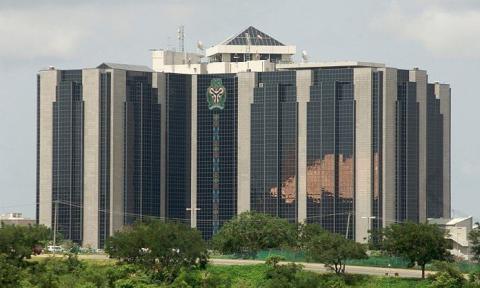

The entertainment industry is emerging as the market that will absorb
much of the loans the central Bank of Nigeria (CBN) is forcing
commercial banks to give.
A report by Proshare indicates that banks are positioning themselves
to attract clients from small and medium scale enterprises in the
music and movie space.
However, analysts Sahara Reporters have spoken to and reports
published by financial research firms, conclude that the increased
pressure on banks to lend much of their deposit, is negative for the
finance industry at this point.
“We believe this development — the 65 percent loan to deposit ratio is
largely negative for the banking sector, which has only just recovered
from the weak asset quality issues prevalent since 2016,”
Cardinalstone research said in a report.
“We also believe that the macro-environment is still too fragile to
support strong growth in lending,” it added.
Adedayo Bakare, an analyst with Afrinvest gave Sahara Reporters a
similar outlook. He said tier one banks – the most stable lenders, do
not operate a banking model that allows them to give loans to
customers that are highly likely not to pay back.
This, however, are the type of customers the CBN wants the banks to
target. True to Bakare’s observation, two of the three-tier 1 lenders,
Zenith and Guarantee Trust, are among the 12 lenders fined a combined
total of over N499bn by the CBN for their inability to meet with the
September 2019 target of borrowing 60 percent of their deposits to the
real sector. The third lender – Access bank, survived thanks to the
huge loan portfolio it inherited from Tier 2 Diamond bank.
Proshare is of the opinion that these lenders have looked to the
safety of the celebrity industry, to reduce the risk of borrowing
funds to the everyday farmer and small-time shoemaker. In a report
published Thursday, it listed a series of creative packages Deposit
Money Banks are adapting to build quality assets in the creative
space.
The most audacious plan is Access bank’s Creative Arts village in Ogun
State. Proshare notes that the village will help to ‘address issues
like the location for movie production, capacity building for
practitioners, and deepening the ecosystem of the Arts and
Entertainment industry in Nigeria.’
Herbert wigwe, the managing director of Access Bank, expects the
village to create 2 to 3m jobs annually. The size of Access bank’s
investment in Ogun State is indicative of the feeling in the industry.
Cardinalstone notes that commercial lenders will likely be ‘antsy in
their strategies to grow loans.’ The research firm is also of the view
that the new measures are also likely to force banks to anxiously
re-evaluate their loan growth Strategy.
One of such strategies is the United Bank of Africa (UBA’s) decision
to make Wizkid its ambassador.
It had also hosted a discourse "Stars and Suits: Afropop meets High
Finance," that conference gave UBA the opportunity to build a
collaboration between music stars and finance institutions.
Zenith, ECO Bank, and GT are other banks that have and are building
more partnerships with clientele in the creative industry.
These moves are no doubt, attempts by banks to keep their assets
relatively strong, under the climate of a policy analysts expect to
weaken them.